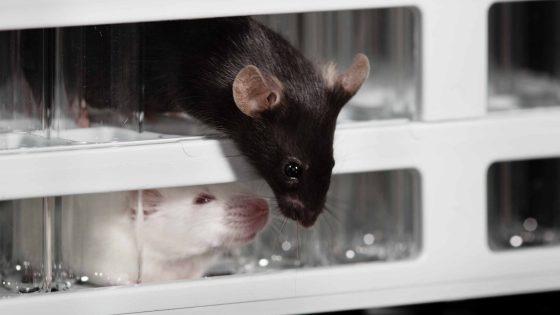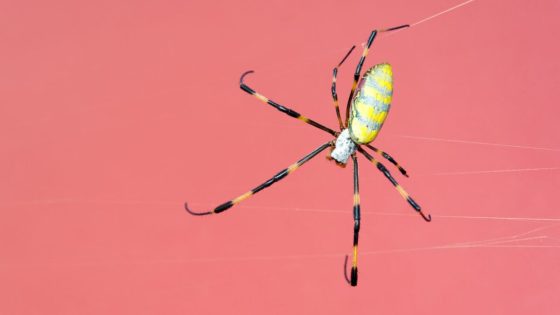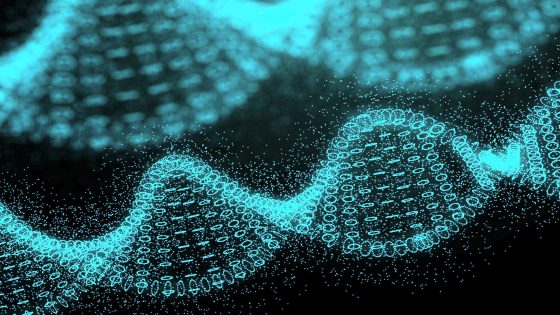Researchers have made a groundbreaking discovery in gene imprinting, successfully raising a mouse from two male parents. This achievement, reported on 2025-06-17 16:45:00, challenges long-standing beliefs about mammalian reproduction.
- Mouse raised from two male parents
- Genetic changes overcome imprinting barriers
- Modified genes improve stem cell efficiency
- Ethical concerns about human applications
- Future cloning methods may become reliable
- Research aims to correct imprinting disorders
The study reveals how specific genetic modifications can bypass the imprinting barriers that typically inhibit such developments. By adjusting certain imprinting genes, scientists opened new avenues for understanding reproductive biology.
This breakthrough raises intriguing questions about the future of genetic research. Could this technique be applied to human medicine? The implications are vast, including potential treatments for genetic disorders. Consider these points:
- This research could revolutionize stem cell therapies.
- It may lead to improved cloning methods.
- Understanding imprinting could address various genetic diseases.
As scientists continue to unravel the complexities of gene imprinting, the potential for innovative treatments and cloning techniques becomes increasingly promising. This research could herald a new era in genetic medicine.

































